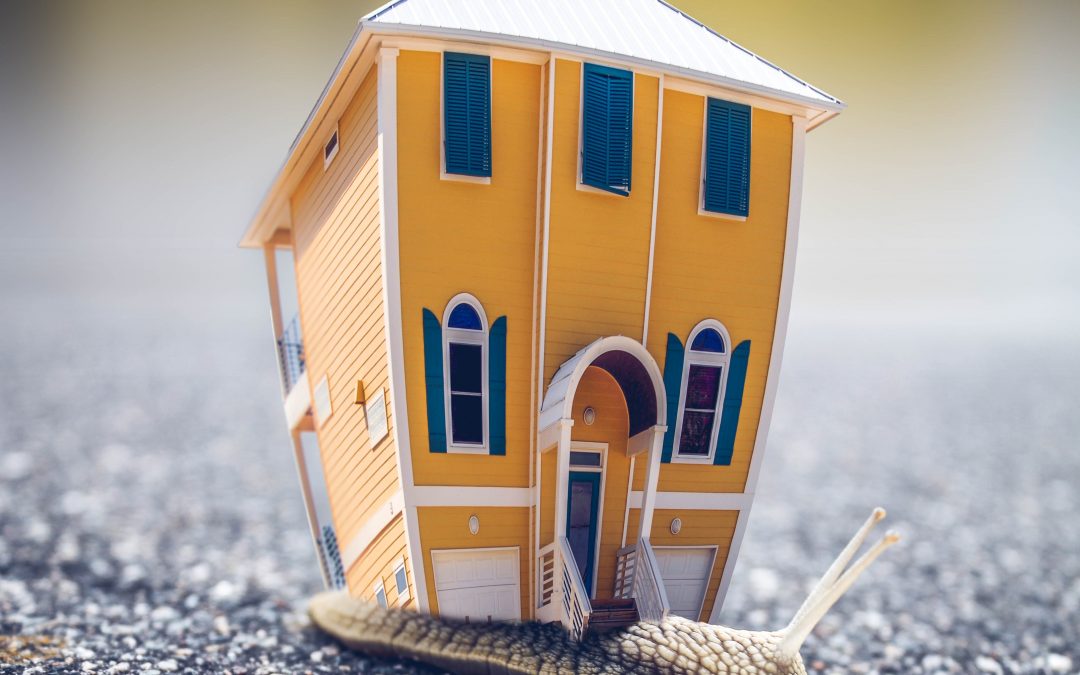With the recent run up in home prices I thought it would be appropriate to bring up the old time saying “You can’t eat your house!”
What is going on, anyway
There are likely lots of factors driving home prices up double digit percentages from the prior year. In it’s basic form it is due to demand outstripping supply.
We are seeing it not only in housing, but in all kinds of products and materials. It’s primarily due to going from an economic lock-down (during the pandemic) to lots of spending because of the release of pent up demand (aided by higher savings due to lower spending during the lock-downs).
In other cases people have, and are still, spending more time at home and have decided to upgrade to have more space and a better home environment.
Regardless of all the reasons, we should keep in mind that overspending on a home can result in being “House rich, cash poor.” Or, as the title reminds us, “You can’t eat your house!”
Also I should mention that renters don’t get a free pass either. You can also rent a more expensive place that you can afford.
What the heck does that even mean?
“You can’t eat your house” means that if you own a really expensive house, but have no money in the bank, you won’t have any money for food and other basic necessities. In other words, you have lots of money locked up in your home, but it’s not liquid and you can’t spend it. So if you are hungry and live in a big house with no cash, you are stuck because “you can’t eat your house.”
In reality you could do some financial maneuvers such as take out a home equity loan, sell a portion of the equity in your home (more rare but you can do it), or even the typical last resort of getting a reverse mortgage to tap into the value of your home to get money to live on. You could even downsize your home by selling it and buying something smaller, freeing up cash.
You could do these things, but that isn’t really the point. The point is to eliminate these issues in the first place by avoiding having too much of your net worth locked up in your home (not very liquid) versus other more liquid assets such as savings and investments.
Keep in mind that there are costs that go with home ownership. These cost go up with the size and value of the property. These costs include property taxes, insurance, and repairs and maintenance.
Why stop at just the home
Actually, we can keep going with the cliche. You can apply that saying to any excessive expenditure that you don’t really need for day to day living.
So, that being said, you can also be “car rich, cash poor” by buying a luxury automobile you can’t afford. Or said differently, you can’t eat your car. You can apply this to all luxury or expensive items you really can’t afford.
What’s the point?
The point is really to have financial balance in your life. In other words, if you have too much house or too much car or too much ________ (fill in the blank here) you’ll have less for your daily cash needs such as food and other necessities. You will also have less discretionary funds for thinks like recreation and entertainment.
So, you should be aware of what makes sense for your budget instead of buying as much as some lender is willing to give you because they tell you that you can “afford the payments.” What do they care, they don’t have to make the payments!
Instead of too much house or too much car, how about the right size house and the right size car that fits in your budget?
The average american spends approximately 50% of their expenses on housing and automobiles. That leaves 50% for everything else, and there is a lot of stuff that has to get funded with that “everything else.”
If you can reduce your home or auto expenses, you can free up a lot of money for the rest of your life!
What if you could lower your home and auto expenses from 50% to 40% or less of your total budget? That extra 10% could make a huge difference in having some financial cushion in your life. You could use that money to eliminate debts or save for your future. It’s the difference between getting ahead versus just treading water (or being underwater).
In Summary, you want to have a financial savings gap because when it comes down to it, “You Can’t Eat your House.”
Related Articles
How far above or below water are you financially?
Energy tax credit for natural gas tankless water heaters
Lifestyle Inflation – the hidden financial killer
You Can’t Stop it but you can contain vehicle costs




